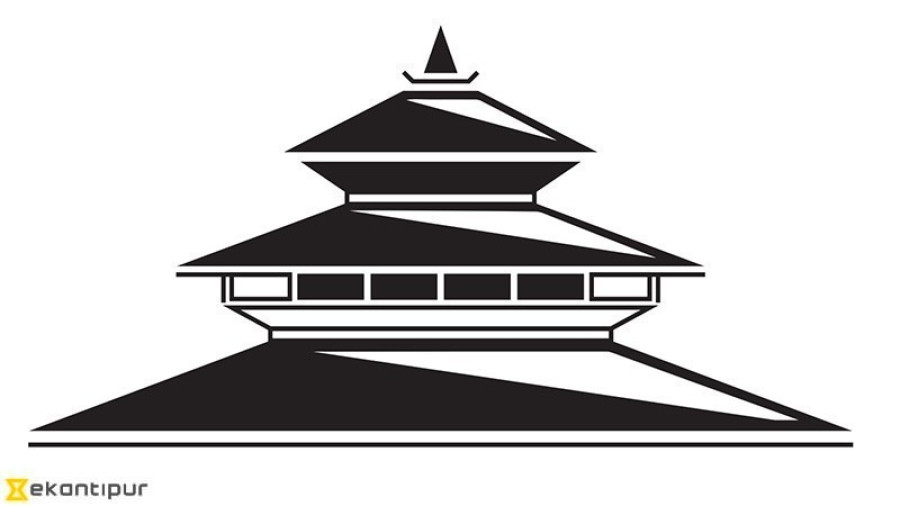Editorial
Victory in defeat
The keenly awaited results of the local level elections finally came out yesterday, exactly two weeks after voting took place on May 14. With 64,913 votes, CPN-UML’s Bidhya Sundar Shakya defeated Nepali Congress’ Raju Raj Joshi (45,269 votes) to become the new mayor of Kathmandu Metropolis.
The keenly awaited results of the local level elections finally came out yesterday, exactly two weeks after voting took place on May 14.
With 64,913 votes, CPN-UML’s Bidhya Sundar Shakya defeated Nepali Congress’ Raju Raj Joshi (45,269 votes) to become the new mayor of Kathmandu Metropolis.
For many, this was an expected result. The general assumption was that the competition would come down to the two political forces that have been around for the last six decades—the NC and the UML.
But what came as a surprise, even for political pundits, was the number of votes Ranju Darshana managed to acquire. The 21-year-old candidate fielded by the Bibeksheel Nepali Party secured 23,439 votes to finish third in the race.
The votes she garnered may have been half of what the runner-up attained, but Darshana has emerged victorious regardless.
Many had written off Darshana the day she filed her candidacy. Others were of the view that the security deposit paid by her party would be a complete waste.
But their predictions were sorely amiss. With almost 12 percent votes in her favour, Darshana emerged ahead of Kishore Thapa, a candidate fielded by the newest political force in town—Sajha Party—who was tipped as someone who could give the old political forces a run for their money.
Meanwhile, the CPN (Maoist Centre), the third largest party in Parliament, was left far behind.
UML’s Shakya deserves congratulations for his victory and NC’s Joshi for respectfully conceding the election, but what should not be forgotten is that it is yet too early to rule Darshana out as a flash in the pan.
From their performance in the elections, Darshana and her party Bibeksheel Nepali, along with Thapa and the Sajha Party, have shown signs of an emergence of a new trend in Nepal’s politics which has so for been dominated by the so-called traditional parties for years.
A detailed analysis in the coming days will make clearer whether people voted for Darshana in a quest for “an alternative force” or because of their growing disenchantment with the traditional parties.
Whatever the reason, Kathmandu’s election has established the fact that a section of voters is looking for alternatives.
This has proven quite a lesson for traditional parties which have often been conceited and arrogant.
The new parties that have vowed to clean up Nepali politics have made a promising start. They have proved that their foray into politics is not only hype and that their performance cannot be ruled out as a damp squib.
Their modest way of conceding the election was also a display of the beauty of democracy that we want to enjoy. In this particular election, some have won despite their electoral losses.
Congratulations to all.




 18.12°C Kathmandu
18.12°C Kathmandu














